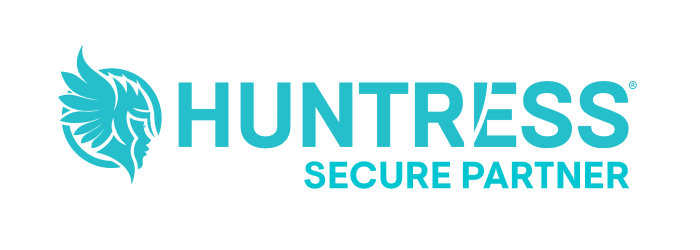3 Technical SEO Tips to Work on Now
Take Care of Technical SEO and Your Content Will Do the Rest

3 Technical SEO Tips to Work on Now
SEO has an enormous impact on the success of any business as your SEO strategy determines how easily your target customers can find you.
According to statistics from Junto, 93% of all online experiences begin with a search engine. It’s also the key tactic for most marketing efforts nowadays, as 57% of marketers say that SEO generates more leads than any other strategy.
It certainly comes as no surprise that 75% of internet users don’t even look past the first page of the Google search results, and every single business with an online presence strives to rank higher in the SERP (search engine results page).
The following 3 technical SEO tips will help you get your website in front of your future customers in order to achieve success in your digital marketing efforts.
Optimize Your Website for Mobile Devices
Making sure your website is mobile-friendly is crucial as mobile-friendly sites show up higher in search results, and mobile searches make up more than half of searches on Google. In addition, for many advertisers, the majority of traffic comes from people on their mobile phones.
When someone visits your website on mobile, they want to quickly learn about your business and decide whether they're interested. Their experience on your website will heavily influence their impression of your business and the likelihood that they'll become a customer.
One of the first things you should think about improving is mobile load time as nearly half of all visitors will leave a mobile website if the pages don’t load within 3 seconds. Another great area of improvement is simplifying your site menu to keep everything visible without visitors needing to zoom in to read.
Create and Optimize Your XML Sitemap
XML sitemaps are fundamental in SEO as they offer search engines a little help by letting their crawlers know where to go. An XML sitemap is a file that provides a listing of the site’s URLs to search engines, so they can crawl them. They may also contain several attributes that provide additional information to search engines about each URL.
However, you need to keep in mind that Google does not look at the XML Sitemap priority field. To help Google understand which pages you want to index, you need to work on your internal linking. XML sitemaps help search engine bots discover the site’s pages and give Google that final push to know where it needs to go.
Boost Your Website's Speed
When it comes to your site's performance, page speed is of the utmost importance. It is essential that your web pages load quickly and seamlessly as it will reduce your bounce rate and increase visitor engagement.
When it comes to page loading speed, every second counts. In fact, Google research shows that when loading times increase from one to three seconds, the probability of a bounce (the visitor leaving right away) increases by 32 percent.
Page speed also plays a pivotal role in Search Engine Optimization (SEO). Google takes a wide variety of factors into consideration when deciding how to rank web pages.
To summarize, technical SEO is a very important step in any SEO strategy. Your SEO efforts will not generate the expected results if your technical SEO is lacking. In order to make sure your website meets the technical requirements of modern search engines, conduct a technical SEO audit of your website and fix any potential problems to improve organic rankings.












